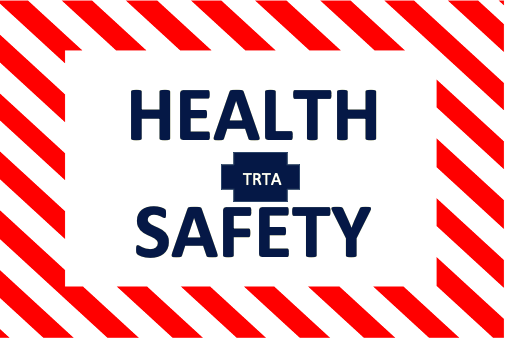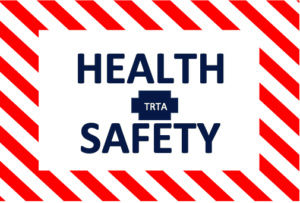The digestive system is made up of the gastrointestinal tract…also called the GI tract or digestive tract. The four main organs of the digestive system are the esophagus, stomach, small intestine and the colon.
Our digestive system moves food through the bodies with a series of muscle contractions. As we get older, this process can slow down. When that happens, more water from the foods is absorbed into the body, which can lead to constipation. As well as new medical issues can arise, such as diverticular disease or colorectal cancer, or long standing conditions can worsen, such as dyspepsia, irritable bowel syndrome, inflammatory bowel disease and other digestive issues. The most common digestive complaint among seniors is Gastroesophageal reflux disease (GERD).
*Whenever you are experiencing health concerns, contact your physician!
SOME SYMPTOMS OF DIGESTIVE/ INTESTINAL DISEASE
bloating, diarrhea, fatigue, abnormal stool, poor appetite, weakness, weight loss, not absorbing of nutrients, and vomiting.
STEPS TO IMPROVE DIGESTION
- Maintain a healthy diet. Add fiber to meals by including raw vegetables, fruits and whole grains.
- Avoid foods that trigger heartburn or reflux.
- Consider a probiotic.
- Check your medications.
- Stay active.
REMINDERS
August is National Immunization Month. Check with your physician to see which vaccinations you need. We must continue to fortify our bodies against infections.
Take you annual eye exam. Adults over 65 should have an eye exam every year. The risk of age-related vision and eye problems are higher as we age.


